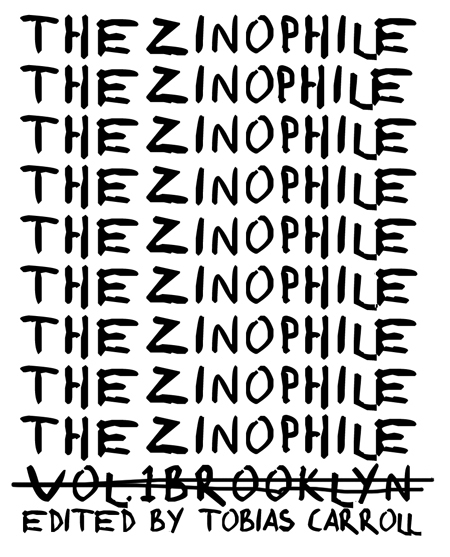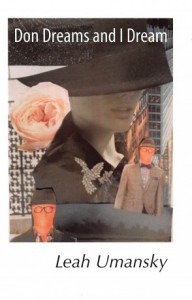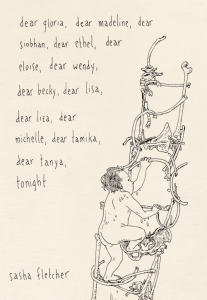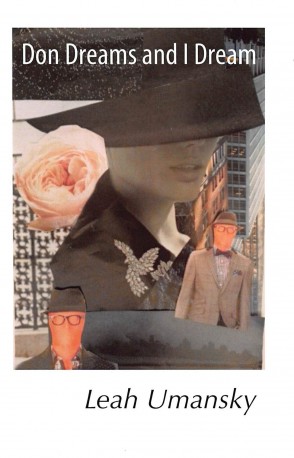
Good writing can take its inspiration from almost anything, from true-life experiences to speculation to riffs on objects and scenarios encountered in passing to the culture we encounter every day. The two chapbooks covered in today’s column take inspiration from wildly disparate topics. One is written in a reflexive voice, surrounding its point of origin and corresponding with it in numerous ways; the other takes the stuff of classical works — seasons, romance — and channels it through an abrupt, irreverent voice.

In an interview with Jen Doll on The Hairpin, Leah Umansky noted that, when she was first watching Mad Men, she “noticed [she] was pausing the DVD a lot and writing down notes in a notepad.” This, in turn, led to Don Dreams and I Dream, a chapbook containing work that exists in dialogue with the show — sometimes commenting on themes and characters specifically, and sometimes finding comparisons between Umansky’s life and the characters and setting of the show.
What I liked about Don Dreams and I Dream was, especially, how Umansky breaks down words and names familiar to the show. “In My Next Life, I Want to Be an Ad Man” utilizes don and drape as verbs. “The Times” blends moments from the show into Umansky’s memories, evoking the ways that we can disappear into works of art, the lines between our own recollections and the plots we’ve watched play out slowly blurring.

Before delving too far into Sasha Fletcher’s Dear Gloria, Dear Madeline, Dear Siobhan, Dear Ethel, Dear Eloise, Dear Wendy, Dear Becky, Dear Lisa, Dear Liza, Dear Michelle, Dear Tamika, Dear Tanya, Tonight — henceforth referred to here as Dear Gloria… — you get to the acknowledgments, which ends with the following line: “I would also like to thank the summer and internet dating.” So there’s that: it comes curtly, both placing it in a long-running tradition of work with a pastoral dimension and placing it directly in the here and now.
In Dear Gloria…, then, are evocations of youth, of seasons, sometimes exaggerated into things frenzied and terrifying. In “Certain Doom,” glorious tacos and sudden snowstorms and packs of wolves all co-exist. Litanies of women’s names follow, the repetition both accumulating power over the course of the book and supplying details about the narrator. And throughout, the narrator’s voice becomes paramount. “The thing about swans is they mate for life/ And are fucking assholes,” one line goes — and if that brings a smile to your face, delving further into Fletcher’s work is definitely recommended.
Follow Vol. 1 Brooklyn on Twitter, Facebook, Google +, our Tumblr, and sign up for our mailing list.

